CHURCHES IN BRIEF

COMECE: migration and the environment on Europeinfos October’s issue of Europeinfos, the monthly newsletter of the Commission of the Bishops’ Conferences of the EU (COMECE), offers some reflections on the current events in the EU starting with the migration and refugee crisis – and its manifold tragic aspects – along with “the EU’s political difficulties in deciding to adopt a set of asylum policies to meet the needs related to the current situation, in full respect of individual rights”. Reflections also focus on the failure of the ninth Conference on the Treaty on the Non- Proliferation of Nuclear Weapons, with a re-examination of the Riga Summit and the EU’s slowdown compared to the six Countries of the Eastern partnership (May 2015). The focus is also on the integration of the Roma in Europe and the need for the “noble declarations” of the EU (April 2015 resolution) to translate into “fraternal solidarity actions” to counter “marginalization and poverty”. Finally, as regards the Cop21 summit in Paris, there is need for “a structural transformation to address climate change”, that will “require the fundamental contribution of social groups and movements, including the Churches”. From this perspective Pope Francis’ leadership will have a strong social impact”, said Miguel Arias Cañete, EU Commissioner for Climate action, in the interview on Europeinfos. Turkey: Christian schools risk shutting down At the beginning of the school year at least 24 schools belonging to foundations and institutions linked to Christian communities and to other religious minorities present in Turkey are experiencing difficulties and risk shutting down especially because of the low numbers of pupils allowed to enrol in these schools, as envisaged by the present legislation. The schools of the small Greek-Orthodox community in particular are exposed to this risk. The cry of alarm came from Turkish attorney Nurcan Kaya, coordinator of the Minority Rights Group. For Kaya there is need for a legislative framework stipulating the rights and duties of these school institutions, defining public funding mechanisms and eliminating mandatory Turkish citizenship for pupils (a clause that dramatically reduces the number of potential students.) At the beginning of the school-year 2014/2015, 55 schools owned by foundations and institutions linked to Christian communities in Turkey were officially authorised to receive financial support from the State. Thirty-six of them belong to the Armenian community, 18 to the Greek community while a kindergarten was linked to the Syriac Orthodox community. Czech Republic: tests for youth pastoral care “A gift of the ecclesial community” is the title of the material prepared by the Youth section of the Czech Bishops’ Conference for the pastoral care of youth communities in dioceses of the Czech Republic. “These tests can be used as sources of inspiration for youth meetings at parish, diocesan or national level, or serve as a guide for work inside smaller communities. It contains information and recommendations, but a lot of room is left to the creativity of the pillars of the community and of the catechists”, said the representatives of the Youth section. The materials focus on eleven themes: the gift of the Church, life inside the Church and in small communities, the responsibilities of the faithful, relationships and values, the Church as a family and much more. Slovakia: “itinerating Bible” exhibition The “itinerating Bible” exhibition was inaugurated at the regional Library in Zilina (Slovakia) on October 5th. Visitors can admire over 200 Bibles from 1722 until nowadays. For Milan Surman, curator of the project, some of the exhibits are extremely interesting – for example a water-resistant Bible displayed inside an aquarium, a Sacred Scripture for illiterate persons in Mp3 format contained in a solar-powered device, a Bible in “pidgin English”, an idiom spoken in Papua New Guinea, a fragment of the original scroll of the Jewish Torah, a volume of the Bible illustrated by Salvator Dalí. Zilina is the 26th city that showcases the exhibition in its three-year tour in Slovakia. The exhibit is open to the public although it is directed primarily to students, who will have the possibility of attending a series of conferences on various aspects of the Bible. The exhibition is ongoing until the end of October.